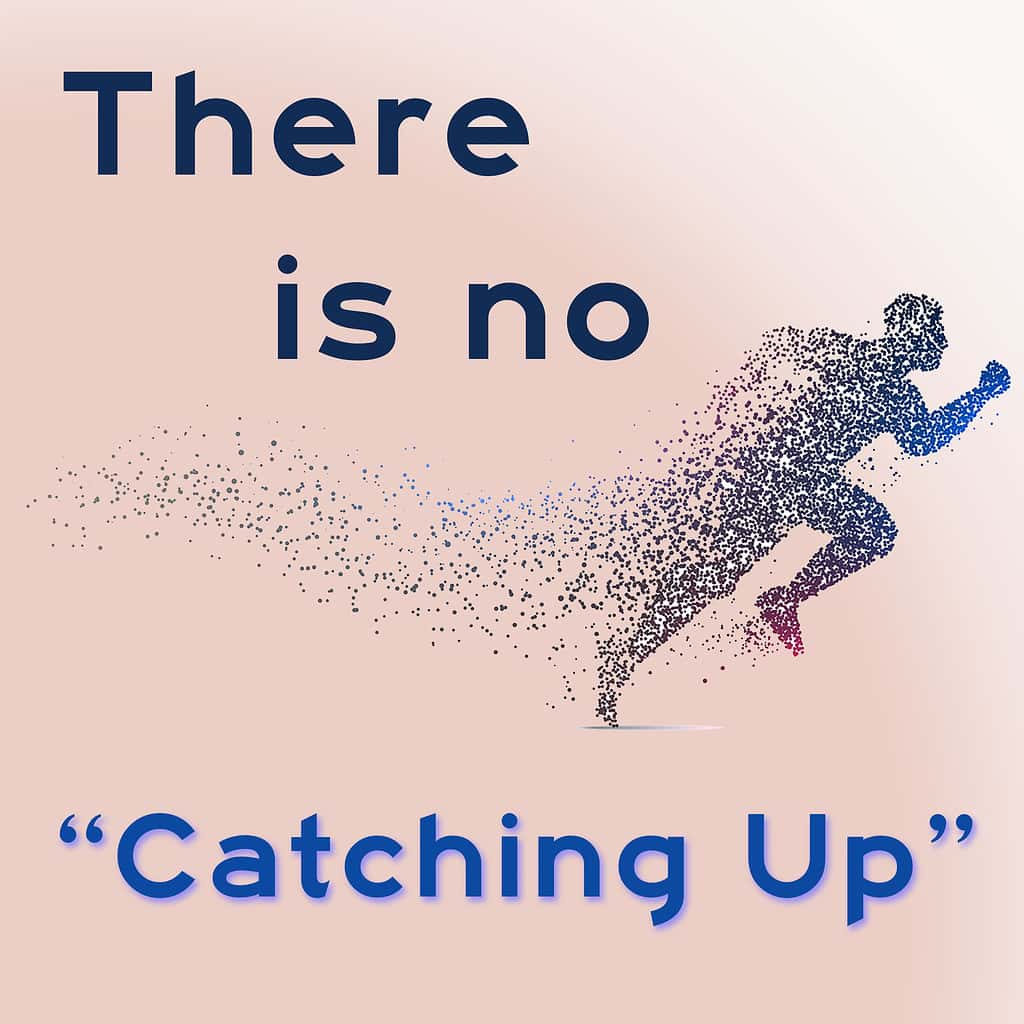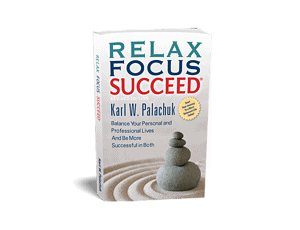Amid the recent stock market volatility, I’ve found myself talking to people about “what to invest in” now. Will stocks go up or down? If they go down, when should I buy? Which companies will do well?

It all boils down to: Who should you bet on?
In uncertain times, I have no stock tips for you, but I do have a recommendation on who you should bet on: Yourself!
YOU know what your resources are. You know your strengths. In fact, you also know your weaknesses, which means you can address them.
With all the news-induced anxiety, this is a great time to re-commit to spending some time with self-care. My home office looks out on the street in front of my house. I’ve planted some Mexican sage there to attract honey bees and humming birds, and I’ve reorganized my office just a bit so I have a good view of the wildlife.
I’ve noticed something else as well, as I gaze out at the sidewalk in front of my house. There are many more people walking, jogging, and bicycling throughout the day than there normally are for April. I am very glad to see this. It’s good to know that these folks aren’t “plugging in” and zoning out in from of the TV all day.
You’ve probably heard the advice from Wall Street that you should be selling when everyone else is buying, and buying when everyone else is selling. There’s actually a lot of wisdom in that “contrarian” approach.
If people are freaking out, it’s a good time to be thoughtful. If people are trapped inside, it’s a good time to be outside. Now is a great time to relax and spend time working on yourself. 100% of the time you spend on self-care and self-improvement will be paid back in spades when we emerge from this self-imposes cocoon.
One of my friends always accuses me of creating my own alternative reality. It’s true. After all, as my life coach reminds me, we each get to choose the story we tell about ourselves and our lives.
What’s your story? Where are you going? What did you do during the big “shelter in place” opportunity of 2020? Will you have a story of reading a book a week, or catching up on every 1960’s rerun Netflix had to offer?
Some very recent research suggests that isolation can cause severe changes to the brain, including a loss of some critical functions. Of course, it’s not just the isolation, but the monotony of doing the same thing day after day and week after week with no charge of scenary.
(December 2019 – see https://consumer.healthday.com/cognitive-health-information-26/brain-health-news-80/antarctic-study-shows-isolation-monotony-may-change-the-human-brain-752753.html)
It’s important that you have a plan to prevent this. We are, after all, social creatures. So if we can’t have the social functions our brains require, we need to find alternatives to keep the brain busy – and to emerge from isolation heading in the right direction. Here are a few tips that might help.
1) Figure out Zoom, or FaceTime, or some alternative that gives you some virtual face-to-face contact with people. At a minimum, try to do this once or twice a week. If nothing else, jump on Facebook and ask a virtual friend to join you.
2) Read. In fact, read something you don’t normally read. If you normally prefer nonfiction, grab a novel. If you don’t own a Kindle, you can download a free Kindle app for your phone, Android tablet, or iPad. Amazon has a surprisingly large collection of FREE books you can get on your Kindle.
3) Move your body. Get outside, even if it’s just your back yard. In reality, you can probably take a walk around the block without violating social distancing recommendations. Also, consider do-it-yourself yoga, tai chi, or some other “moving” exercise. If you have actual exercise equipment, this is a great time to move those clothes to the closet and use the equipment.
4) Daily quiet time. I know you might think you get enough “down” time, but I’m really talking about meditation, prayer, or another daily practice that gives you space to think about how YOU are doing personally, and how you’re doing with regard to relationships, work, and the various roles you play in the broader community. Fifteen minutes a day is a great start. It really will help to keep things in perspective.

After that, you can add hobbies, puzzles, Disney+, and other activities.
Just remember to use your brain so you don’t lose it – literally. Rather than just coast through this very odd period in you life, move through it with intention. In fact: Set some goals for yourself.
What would you like to accomplish when you step out into the world again? After all, the caterpillar never emerges from the cocoon as just another caterpillar.
When you look at all of this, and make a plan to make the most of it, I think you’ll place a bet on yourself to emerge successful.
I wish you the best of luck on your adventure!
🙂







